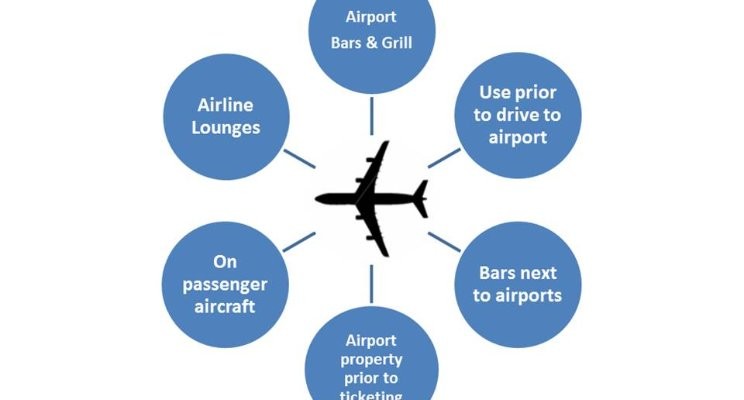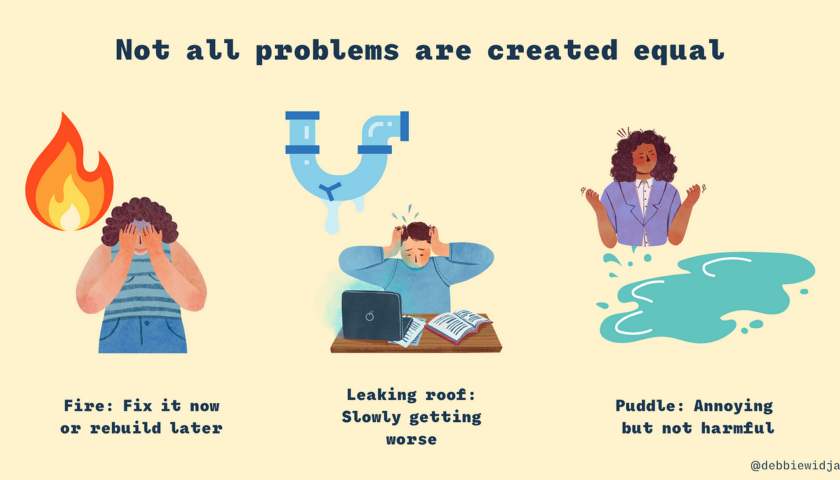For many passengers, a glass of wine or can of beer is part of the flying experience or travel experience. However, for other travelers, this factor is completely foreign. In fact, numerous airports or airlines outright restrict alcohol on their services. In other instances, carriers have temporarily suspended serving alcohol, or only do so on certain flights. This is due to various reasons ranging from safety to national regulations or religious concerns. If you have any concern regarding alcohol, you must check with airline before booking your ticket.
Recently, there has been increased focus on the problems caused by drunk, disruptive passengers in the media. Rightly so because a drunk or inebriated passenger can be disruptive to other travellers and in the worst instance a safety threat. If you have suffered a drunk passenger then, you would also agree that there is a serious problem with excessive alcohol consumption before or during air travel. When I asked the same question to an experienced pilot, the pilot replied in no uncertain terms – “In my 30 years as a pilot, I don’t think I’ve ever had a passenger problem that didn’t involve alcohol. It often occurs when somebody gets cut off and gets angry about it. I’ve had several small fights break out among the passengers and both parties have been drinking in every instance. A heavy drinker sitting next to you is never fun, even if they tell you he same story only three times and hit the lavatory only every 30 minutes. It just becomes tiresome. If we need to evacuate the airplane, it’s vitally important for everyone to have a clear head. People who are impaired can be a hazard to themselves and others. As the guy who does everything in his power to deliver a safe flight, I have no choice but to recommend that alchohol be left on the ground. It makes money for the airline and passengers want it so it will continue to be served. I believe the industry would be well served to stop serving it”. It sums up the complete situation perfectly both from the perspective of a fellow passenger as well as concerns of flight crew. But who is listening.
Alcohol sales at airports, during flight and management of drunk passengers take place within a framework underpinned by mix of international legislation and agreements, national rules and excise policy of the state where the airport is located.
Indian Legislation
Serving alcohol in Indian airspace is not allowed, whether it is a domestic airline or international. Rule 23 of the Aircraft Rules, 1937, reads as follows:- 23. Assault and other acts endangering the safety or jeopardizing good order and discipline.–
(1) No person shall, on board an aircraft,
(a) assault, intimidate or threaten, whether physically or verbally, any person, (b) intentionally cause damage to or destroy any of property, (c) consume alcoholic beverages or drugs, which is likely to endanger the safety of the aircraft or of any person or jeopardises the good order and discipline on board the aircraft.
While the sale of alcohol at an airport in India is based on Excise policy of the Indian State in which airport is located. Alcohol is a subject in the State List under the Seventh Schedule of the Constitution of India. Therefore, the laws governing alcohol vary from state to state. In India, consumption of alcohol is prohibited in the states of Bihar, Gujarat, Nagaland, and Mizoram, as well as the union territory of Lakshadweep. There is partial ban on alcohol in some districts of Manipur. All other Indian states permit alcohol consumption but fix a legal drinking age, which ranges at different ages per region.
So it is legal to serve alcohol at the airport or outside the airport but not on the flight in India.
Drunk and Disruptive Passenger
Though drunk and disruptive passengers make up a small percentage of total passengers, their impact is disproportionate. Mid-air, disruptive passengers can constitute a threat to the safety of other passengers and crew and be unpleasant and scary for those onboard, including children. In a survey conducted by Unite the Union of UK amongst 4,000 cabin crew reported that the overwhelming majority of crew had witnessed drunk, disruptive passenger behaviour and over half of cabin crew had experienced or witnessed physical, verbal or sexual abuse at the hands of drunken passengers. Such misbehaviour makes a strong case for employee safety at the workplace. Secondly, drunk, disruptive passenger incidents can also cause significant costs and disruption, in the worst cases incidents result in the diversion of flights, estimated to typically cost between US$10,000 to US$200,000, which is footed by airline.
Globally there were over 66,000 incidents reported to IATA, the international representative body for airlines, between 2007 – 2017. In 2017, 8,713 unruly passenger incidents were reported, equalling one incident per 1,053 flights, with intoxication and consuming own alcohol the second most common reason for an unruly passenger incident.
India has seen phenomenal growth in demand for air travel in the past two decades and the demand is likely to grow at the same pace for next decade or so. There has been a sharp increase in incidents involving disruptive passengers in India. In past, only serious cases of disruptions were reported by airlines, however, DGCA – the Indian Civil Aviation regulatory body has taken all such cases seriously and imposed heavy fines on airlines which failed to report them.
Furthermore, alcohol consumption which leads to disruptive in-flight behaviour may begin on the flight itself, at the airport – either alcohol bought at bars and restaurants or in duty-free – or even before arrival at the airport. Pre-flight drinking creates difficulties for cabin crew in monitoring passengers’ consumption. In most of the metro or big airports in India, you would notice that once you cross the security or customs check, the sale of alcohol seems to be relaxed in terms of wide range of hours. Shifting responsibility or in worst case penalising only the airlines for disruptive passengers related to alcohol consumption is not fair. Safety in Air travel is integral by its nature. When alcohol is consumed prior to flight, it presents a challenge for airport and airline staff to judge whether a person is too intoxicated to board a flight, as passengers spend only a short time at the gate or security and the effects of alcohol consumption can take time to become evident.
There are efforts by aviation stakeholders to work together to address the problem and act holistically, however I find it to be inadequate or half hearted. The regulator and airports needs to raise awareness of the consequences of disruptive behaviour. The DGCA or AAI needs to set our guidelines for preventing disruptive behaviour through responsible sale of alcohol, training and support for employees and communication with passengers. An establishment of information mechanism between airport staff, retail and bar staff for identification of potentially disruptive passenger may further help in identification of such passengers. It should be noted that drinking during travel is undertaken by minority of people but causes major disruption and bad name for airlines. Simple monitoring of these small number of passengers and raising awareness of the consequences of disruptive behaviour would further help in bringing down the number of disruptions. Duty Free World Council has developed a global Code of Conduct in close cooperation with retailer and brand owners to provide a specific standard for the promotion of responsible retailing of alcohol products in the duty free and travel retail channel which is implemented across the globe. DFWC also offers free training course on responsible retailing.
‘No-fly-List’ is more a knee jerk reaction and it acts as a limited deterrence only. We need a more proactive approach to bring down the unruly passenger incident numbers in India. We need more curbs to prevent unruly passenger leading to disruptions and enhance the scope of law for jurisdiction.
What do you say? Any suggestions?
Have a cool and safe flight. Jai Hind.



